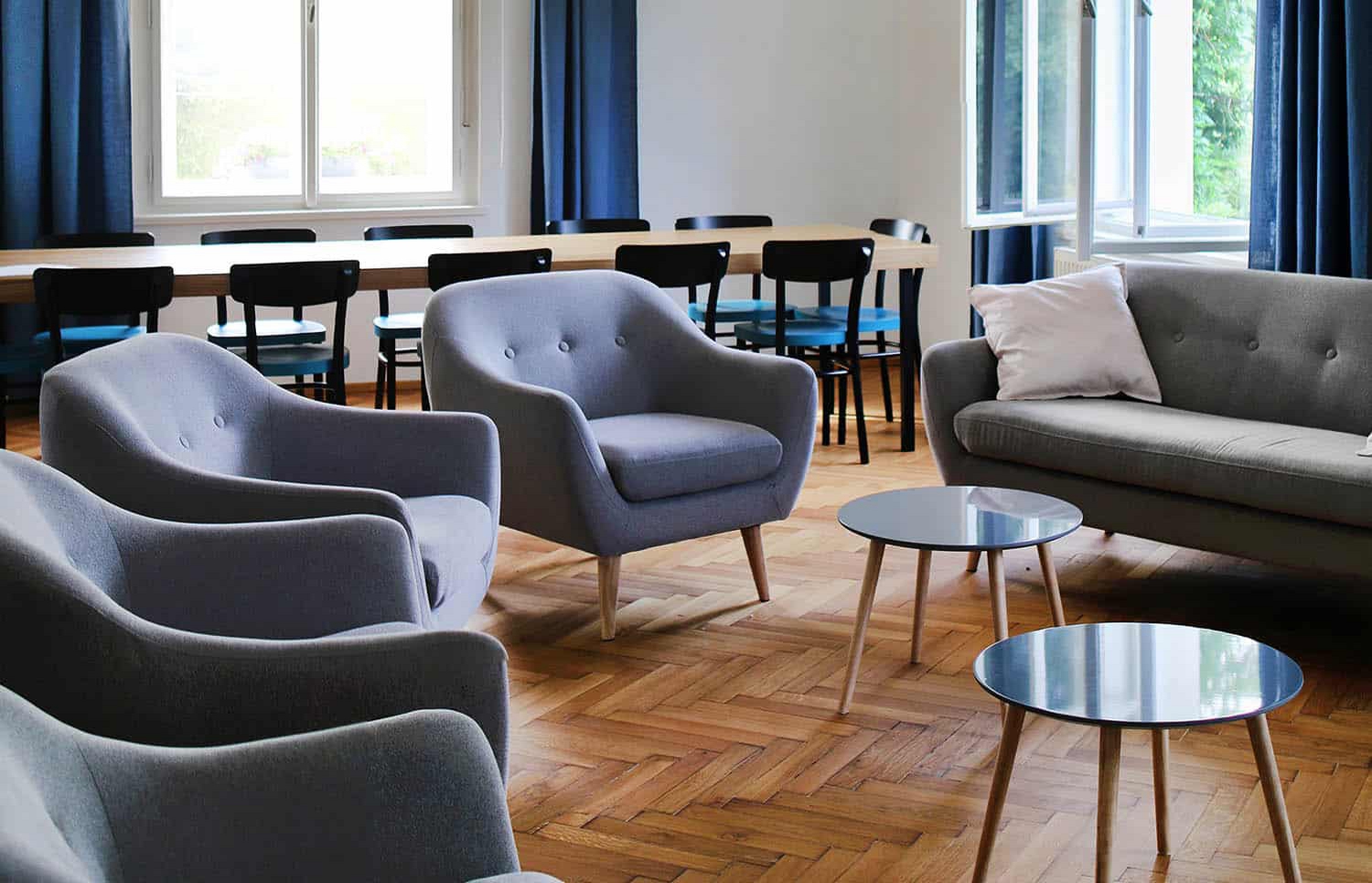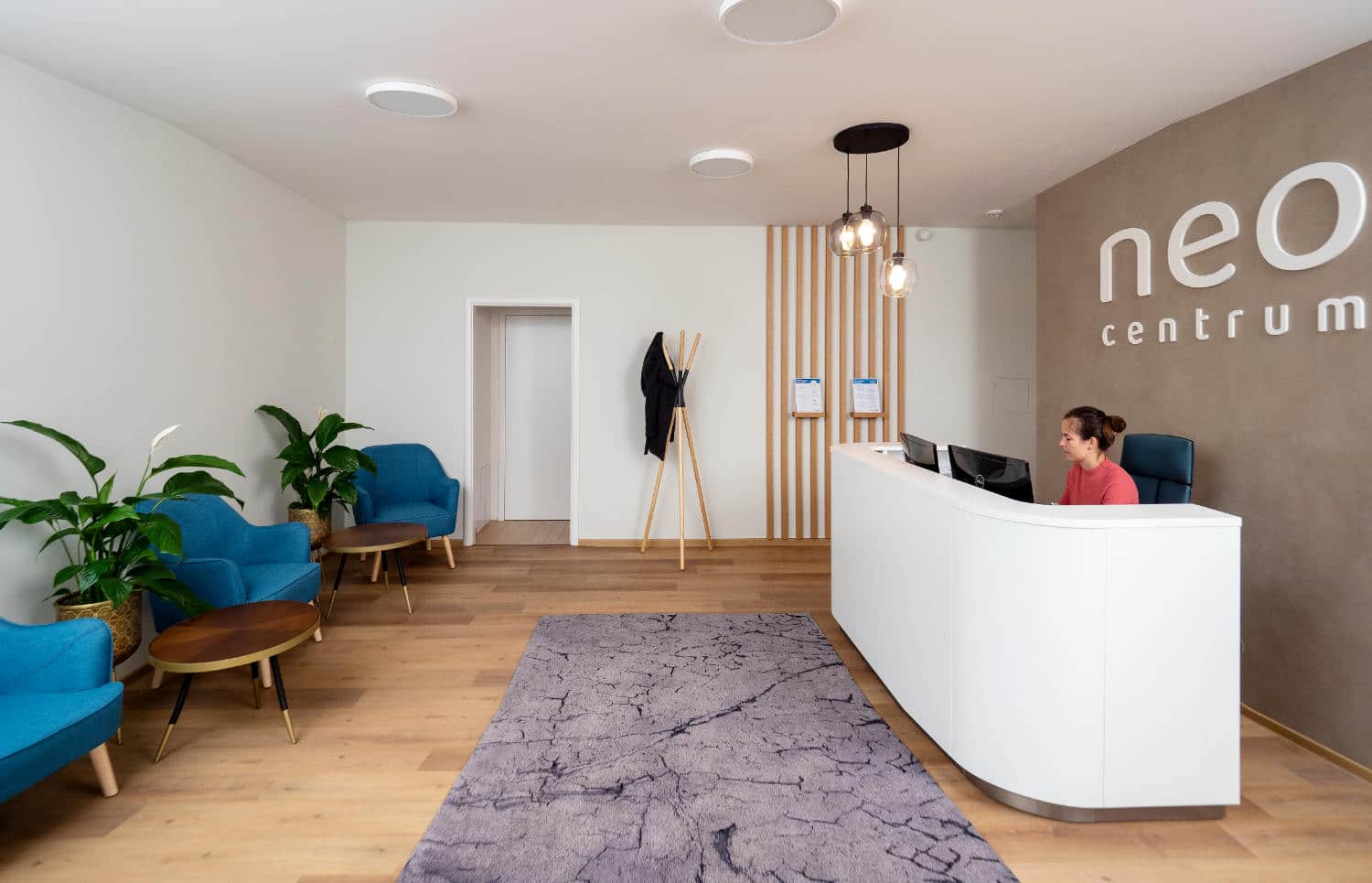Professional burnout is a state of emotional and physical discomfort closely related to employment and chronic stress. It is manifested by long-term physical or emotional exhaustion, which is supplemented by a feeling of being unfulfilled and of loss of interest in, and motivation to, work. Productivity decreases, which, in turn, brings on more exhaustion, reduces motivation and contributes to making one feel helpless, hopeless and irritable. Whatever the original cause, it is clear that experiencing “burn-out” can have a negative effect both on one’s physical and mental health. Burn-out Syndrome can affect many other areas of our lives, as well, including relationships at home and at work, as well as one’s social life. It is therefore important to address feelings of “burn-out” in a timely manner.

Do you feel that:
Physical symptoms of “burn-out” often manifest as:
Emotional symptoms “burn-out” often manifest as:
You may also experience the following behavioral symptoms:
There is a difference between symptoms of stress and symptoms of burn-out.
Burn-out can be a result of stress, but it is not the same as feeling stressed or overworked. Stress is a response to “too much” work, which requires increased effort, but one can imagine that once it is under control, the stress will be over. By contrast, burn-out comes from “too little” of something: one feels too little energy and not enough interest; one can’t imagine positive changes or an end to the situation.
Stress makes us feel overwhelmed by responsibilities, “burn-out” makes us feel empty. Stress is also usually readily recognized, whereas Burn-out Syndrome is more subtle.
Please do not hesitate to contact us by phone or electronically. We will be happy to hear from you and to discuss with you the treatment options at NEO Centrum.
PhDr. Kateřina Marklová
Professional Director / Head of Therapy, Clinic 1 Director, Clinical Psychologist, Psychotherapist
NEO Centrum offers its clients two avenues for obtaining help: through our Outpatient Clinic (including in-person or online sessions) and through our comprehensive, in-residence treatment programs offered at our resident treatment facilities. The choice depends on the specific needs of the clients, the type of difficulties they face and the intensity of the approach they are able to devote themselves to. We offer services at residence clinics for Czech-speaking and English-speaking clients.

